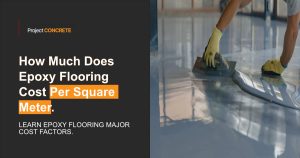
When considering the costs of epoxy floors, it’s important to recognise its robust durability and distinct versatility, qualities that elevate it above conventional flooring options. Epoxy flooring excels not only in performance but also in offering a range of aesthetic choices through different types like self-levelling, gravelled, and terrazzo epoxy—each with its own visual appeal and practical applications.
Epoxy flake flooring is another notable option, blending texture with sleek aesthetics for those prioritising both style and function. Delving into the specifics, each epoxy type brings particular advantages, varied installation methods, maintenance needs, and design versatility. The upcoming sections will delve deeper into these details, enhancing understanding of epoxy flooring’s value proposition and why it remains a popular choice for diverse spaces, both residential and commercial.
What is epoxy flooring?
An epoxy floor coating is a resilient and versatile coating applied over concrete flooring. It is made of resin and hardener, creating a robust surface that resists wear, tear, and chemicals. This flooring solution is distinguished by its ability to adhere strongly to its substrate, making it an ideal choice for high-traffic areas.
Its versatility shines through in the myriad of finishes available, from glossy to matte, and its capacity for customisation through colours and patterns. Epoxy flooring stands out for its practicality in both residential and commercial settings, offering a balance of durability, aesthetic appeal, and low maintenance requirements.
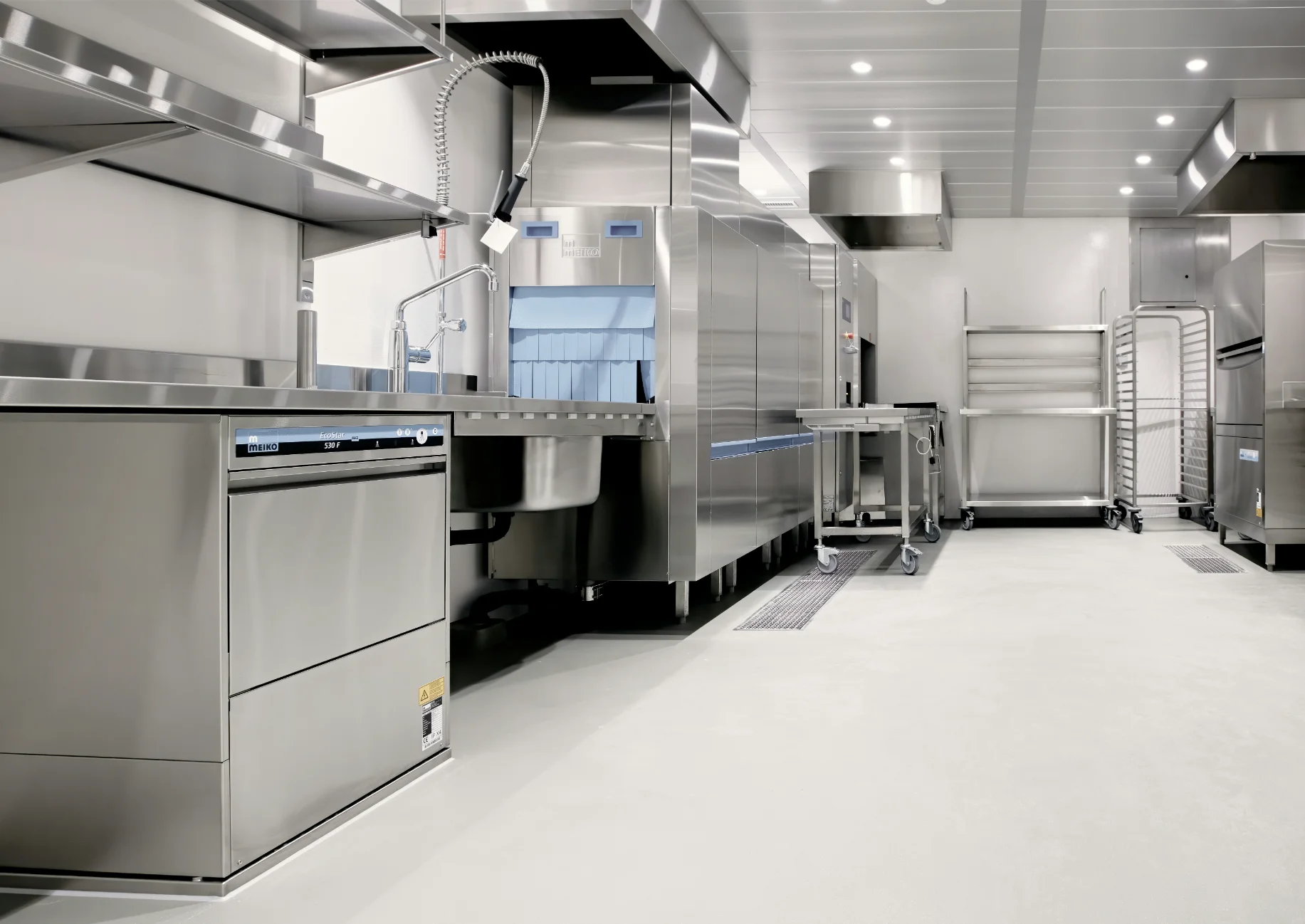
Why choose an epoxy floor?
Choosing an epoxy floor offers unparalleled durability and an impressive lifespan, making it a cost-effective option for spaces facing heavy use. Its aesthetic versatility allows for extensive customisation, enabling homeowners and businesses to tailor their floors to specific styles or branding. Furthermore, epoxy flooring is celebrated for its low maintenance requirements, needing only regular cleaning to maintain its lustre and functionality.
This combination of strength, beauty, and ease of care positions epoxy flooring as a superior choice for those seeking a long-lasting and visually appealing flooring solution.

Durability and lifespan
Epoxy flooring is renowned for its exceptional durability and long lifespan, capable of withstanding heavy foot traffic and industrial wear without compromising on appearance. This resilience makes it a prime choice for areas that demand robust flooring solutions.
Aesthetic options and customisation
The aesthetic flexibility of epoxy flooring is one of its most compelling features. It offers a broad spectrum of colours, patterns, and finishes, allowing for complete customisation to fit any design vision. Whether seeking a high-gloss finish or a specific colour scheme, epoxy flooring can be tailored to meet individual preferences.
Low maintenance requirements
One of the key advantages of epoxy flooring is its ease of maintenance. Unlike other flooring types that require regular waxing or sealing, epoxy floors need only simple cleaning to retain their shine and functionality. This low upkeep requirement not only saves time but also reduces long-term maintenance costs.
Factors affecting epoxy flooring cost
The cost of epoxy flooring is influenced by several key factors that can significantly impact the overall price. The size of the floor and the total area to be covered is the primary determinant, with larger spaces requiring more materials and labour. The type of epoxy resin used also affects the cost, as some formulations are more expensive due to their enhanced durability or aesthetic qualities.
The condition of the existing floor plays a crucial role, as floors needing extensive repairs or surface preparation will incur additional costs. The complexity of the job, including custom designs, colours, and the number of layers applied, can further influence the final price. Understanding these factors is essential for accurately budgeting for an epoxy flooring project.
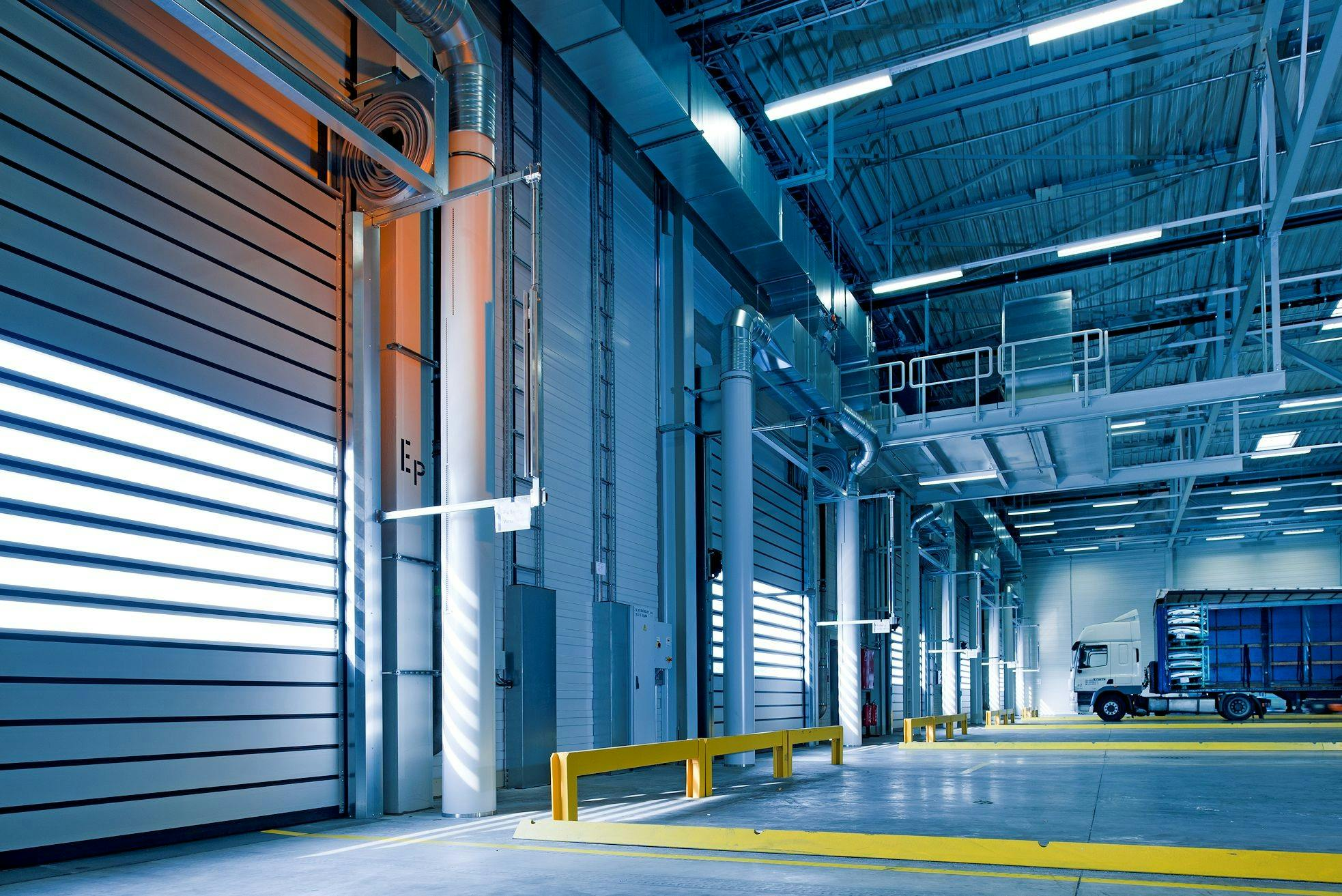
Floor size and total area
The total area to be covered is a crucial factor, with larger spaces naturally leading to higher costs due to the increased amount of materials and labour required.
Type of epoxy resin used
Different types of epoxy resin vary in price, influenced by their specific properties such as durability, resistance, and aesthetic appeal. Higher-quality resins often come at a premium.
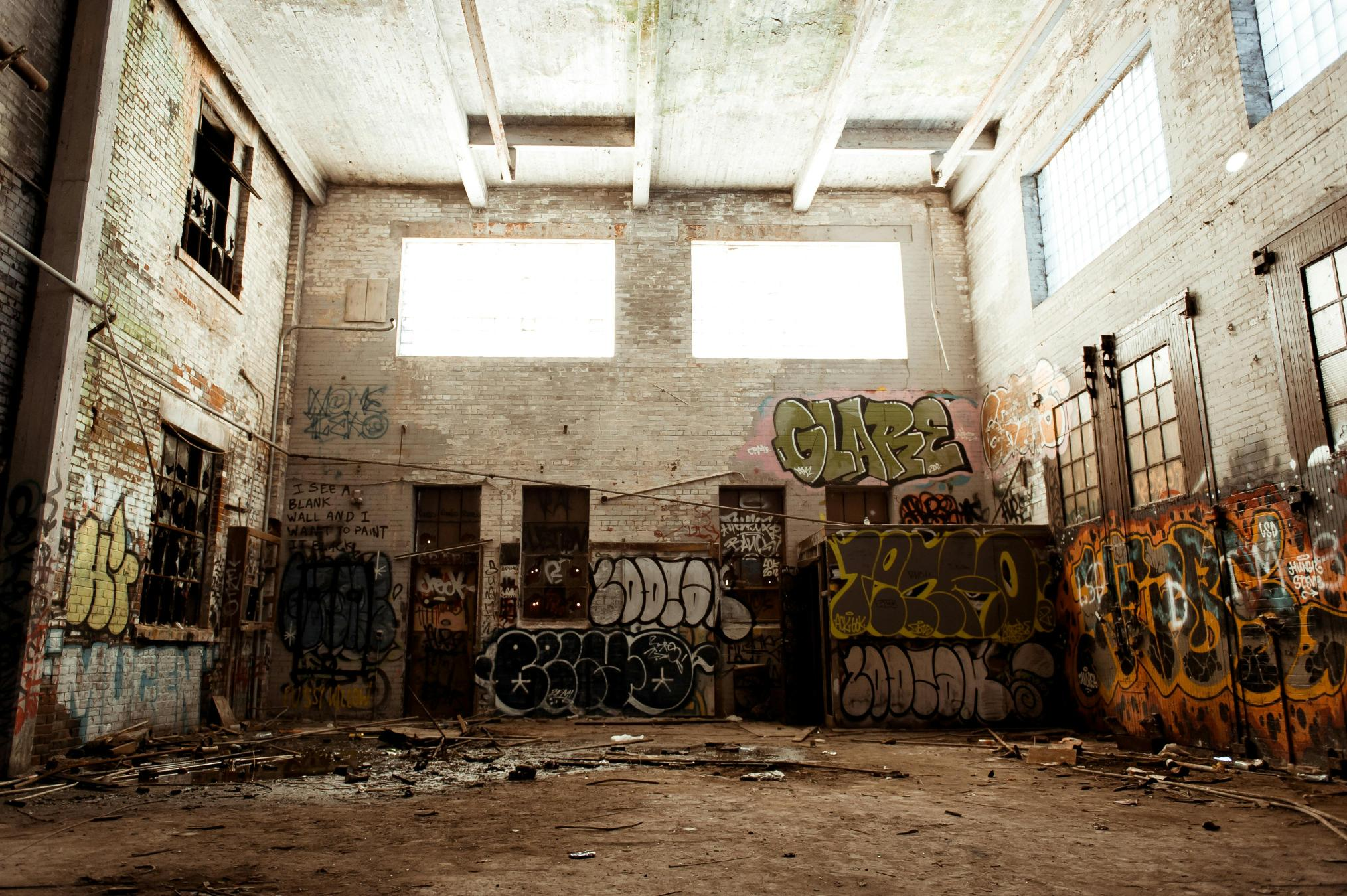
Condition of the existing floor
The initial condition of the floor significantly impacts cost. Floors in poor condition may require extensive repairs or surface preparation before the epoxy application, adding to the overall expense.
Need for repairs or surface preparation
Repairs and surface preparation are often necessary to ensure the epoxy adheres properly. This preparatory work can include cleaning, grinding, or levelling, which contributes to the project’s total cost.
Complexity of the job
The complexity of the epoxy flooring project, including intricate patterns, multiple colours, or special finishes, requires additional time and skill, affecting the final price.
Custom designs and colours
Custom designs and colours can elevate the aesthetic of epoxy flooring but also add to the cost. Unique or bespoke designs require more detailed work and specialized materials.
Number of layers applied
The number of epoxy layers applied also plays a role in determining cost. More layers mean more material and labour, leading to a higher overall project price.
Epoxy flooring prices per square metre
The average cost of epoxy flooring can vary widely, influenced by factors such as floor size, resin type, and project complexity. For residential projects, costs can range from $3 to $12 per square foot, with options like single-car garages and basements falling within this spectrum. Commercial projects tend to be more costly, with prices for retail spaces and industrial warehouses ranging from $3 to $10 per square foot, depending on the specific requirements and scale of the project.
It’s essential to consider these variables when budgeting for epoxy flooring to ensure an accurate estimate of the investment required.
Residential project’s cost range
For residential epoxy flooring projects, homeowners can expect costs to range from $3 to $12 per square foot. This variance accounts for the size of the area, the type of epoxy used, and any specific design preferences.
Single-car garage floors
Epoxy flooring for a single-car garage typically falls within the lower end of the cost spectrum, averaging between $750 to $3,000, depending on the garage’s size and the chosen epoxy’s quality.
Basement or living spaces
For basements or other living spaces, the cost can vary more widely, generally between $1,200 to $4,800. Factors such as the condition of the existing floor and desired finishes play a significant role in the final cost.
Commercial project’s cost range
Commercial epoxy flooring projects often see a broader range in costs, from $3 to $10 per square foot. The scale of the project and the need for specialised epoxy coatings suitable for high-traffic or industrial environments can influence the price.
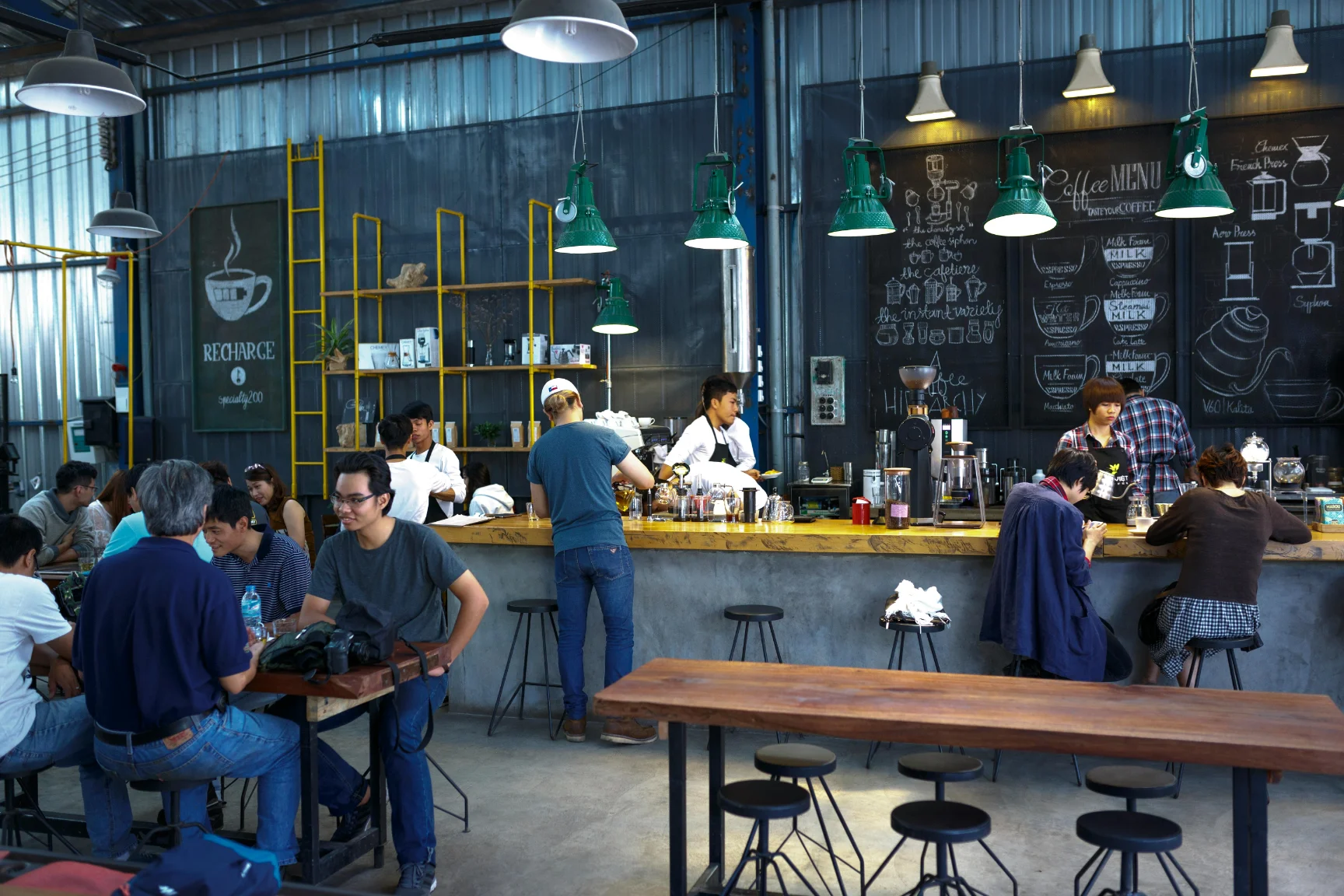
Retail spaces
Epoxy flooring in retail spaces requires a balance of durability and aesthetics, with costs averaging $1,500 to $12,000 for a medium-sized retail store. Custom designs and colours can increase the project’s cost.
Industrial warehouses
For industrial warehouses, where the focus is on resilience and safety, the cost can range from $3,000 to $30,000 or more, largely dependent on the warehouse’s size and the epoxy system’s specifications.
How to save money on epoxy flooring
Saving money on epoxy flooring without compromising quality involves thoughtful consideration of various factors. Opting for DIY installation can significantly reduce costs, though it requires a certain level of skill and understanding of the process. Choosing standard epoxy options over premium or custom designs can also offer substantial savings.
For larger projects, bulk purchasing of materials may lead to discounts and lower the overall expense. These strategies can help achieve a durable and aesthetically pleasing epoxy floor while adhering to a tighter budget.
DIY vs. professional installation pros and cons
DIY installation of epoxy flooring can offer significant savings, appealing to those with a tight budget. However, it requires a good grasp of the process and meticulous preparation. The risk includes potential flaws that could compromise the floor’s durability and appearance.
Professional installation, while more costly, ensures a high-quality finish, longevity, and often comes with a warranty, providing peace of mind and potentially saving money in the long run.
Final considerations before choosing an epoxy flooring system
Before deciding on epoxy flooring, it’s crucial to weigh the long-term value against the upfront cost. While epoxy might seem expensive initially, its durability and low maintenance can offer savings over time.
Additionally, investigating warranty and service guarantees from installers can protect your investment, ensuring any issues are promptly addressed.
Lastly, considering the local climate and how it affects epoxy’s performance is essential, as extreme temperatures can impact curing and longevity.
